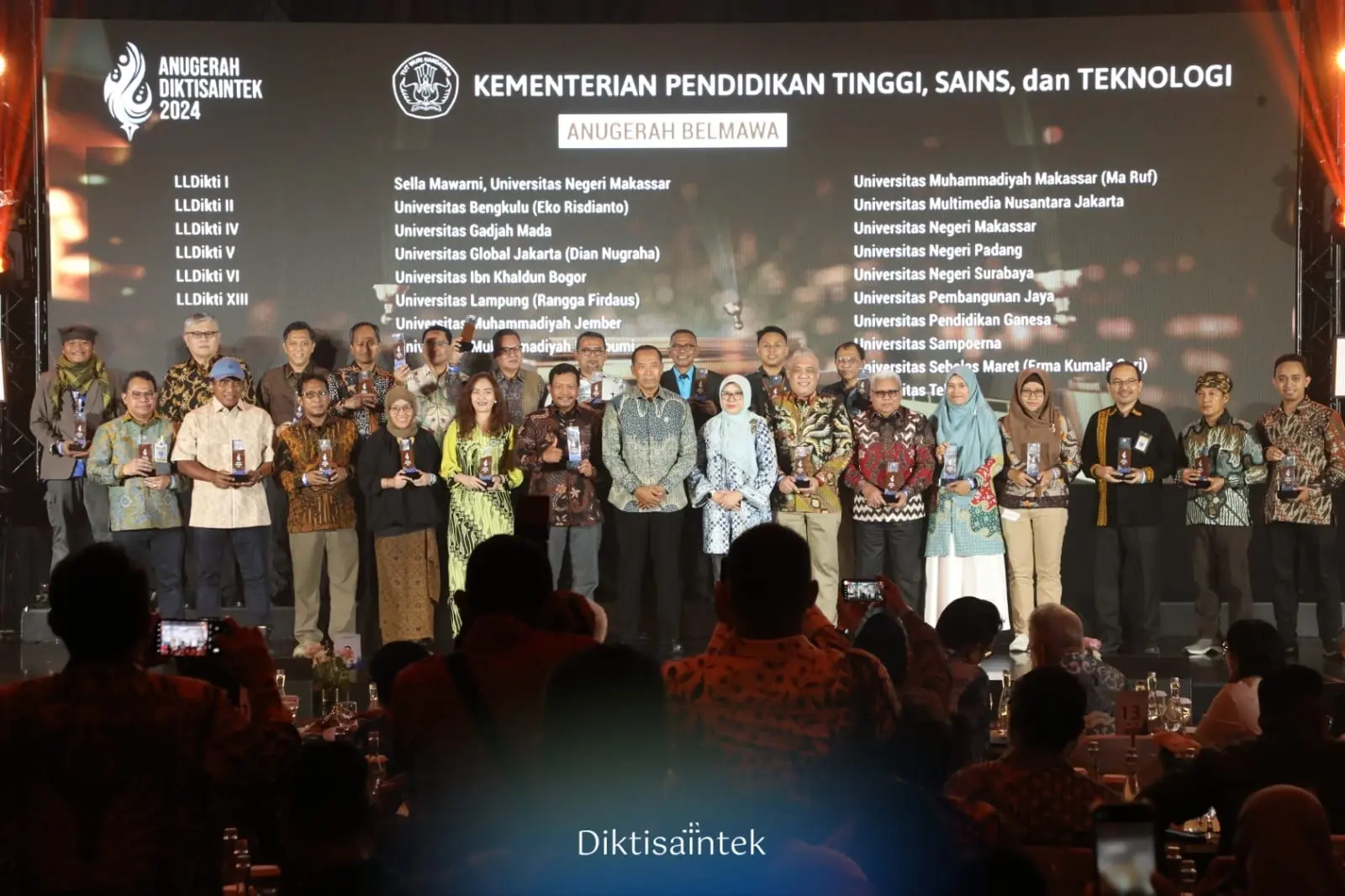04 Aug 2023
7 Things You Should Know Before Choosing Business Studies at University
Articles,
Articles - FOB,
Studying business entails thoroughly examining and analyzing numerous areas of the world of commerce and trade. It covers various topics to give individuals a thorough grasp of how companies work, make decisions, and succeed in the global economic landscape.
Marketing, finance, management, economics, accounting, operations, and entrepreneurship are common topics in business studies. Students learn about the ideas and tactics that support successful enterprises, effective leadership, resource allocation, customer involvement, market dynamics, and financial planning through the study of business.
The curriculum frequently combines theoretical frameworks, case studies, real-world examples, and practical exercises, allowing students to acquire critical thinking skills, problem-solving abilities, and a holistic view of local and international business contexts.
Case Studies: A Part of Business Studies you should know
A case study is an in-depth investigation of a real-life business situation, company, or problem in business studies. It analyzes complex business scenarios to acquire insights into how companies make decisions, solve problems, and implement strategies.
A typical business case study tells a thorough story about a particular organization, industry, or market challenge. It frequently includes information about the company’s history, internal and external environment, difficulties, actions made, outcomes of those decisions, and overall impact on the business. Marketing campaigns, financial management, organizational behavior, supply chain challenges, expansion strategies, ethical difficulties, and other themes can all be covered in case studies.
Students can improve their critical thinking skills, problem-solving ability, and grasp of how various aspects interact in a business context by analyzing case studies. Case studies provide a hands-on, experiential learning strategy that equips students to face complicated business challenges in the future.
Things you should know before choosing business studies

Choosing to study business at the university level is a big step that will significantly impact your academic and career life. Before enrolling in a business studies degree, consider the following seven factors:
1. Expertise and Faculty
Examine the faculty members’ qualifications and skills. Real-world experience and research credentials from faculty can enrich your learning experience and provide crucial insights.
2. Connections in the Industry
A strong business link can give you networking opportunities, internships, and access to guest speakers from various industries. Investigate whether the University has business links and provides opportunities for hands-on learning.
3. Career Guidance
Investigate the University’s career services and support. An intense career center can help you with internships, job placements, resume building, and networking events, increasing your employability after graduation.
4. Extracurricular Interests
Consider the various extracurricular activities, such as business clubs, competitions, workshops, and conferences. These activities can enrich your studies while also assisting you in developing practical skills and a strong network.
5. Specializations in the Program
Business studies include marketing, finance, management, entrepreneurship, accounting, and other disciplines. Examine the program’s specialties to see whether they match your interests and professional objectives.
6. Courses and Curriculum
Examine the curriculum to learn about the courses available and their content. Examine the curriculum to see if it covers theoretical concepts and practical applications and allows you to customize your study to your interests.
7. Reputation and Accreditation
Check if appropriate educational organizations have accredited the institution and its business school. Also, look into the University’s overall reputation and rankings to understand where it stands in the academic and professional areas.
Take the time to research and visit potential universities, meet with existing students, and get advice from specialists in your desired sector to make an informed selection that will lead you to success.
Entrepreneurship at Sampoerna University
Sampoerna University is a fully accredited university in Indonesia that offers the best choice for those seeking excellent international education. Sampoerna University is a private, non-denominational, non-profit university licensed and certified by the Republic of Indonesia’s Ministry of Education, Culture, Research, and Technology. Formed according to national and international standards, Sampoerna University is qualified to contribute to society through education substantially.
Sampoerna University offers a range of entrepreneurship courses as part of its undergraduate programs. These courses focus on developing entrepreneurial skills, including opportunity recognition, business planning, marketing strategies, financial management, and innovation. Students learn to assess market feasibility, create business models, and develop sustainable business strategies.
We also collaborate with industry partners, start-up incubators, and entrepreneurial organizations to provide students with practical exposure and real-world experiences. Through these partnerships, students can participate in internships, industry projects, and mentorship programs, gaining valuable insights into the business world and entrepreneurial practices. The University emphasizes entrepreneurship as a critical component of its educational approach.
9 of 10 graduates get employed three months after graduation*. Immediately register to participate in the new student admissions process for the 2023-2024 year here. Our Admission Team will contact you soon to provide more detailed information.
Schedule with us whenever you want to visit campus tours on-site or virtual!





